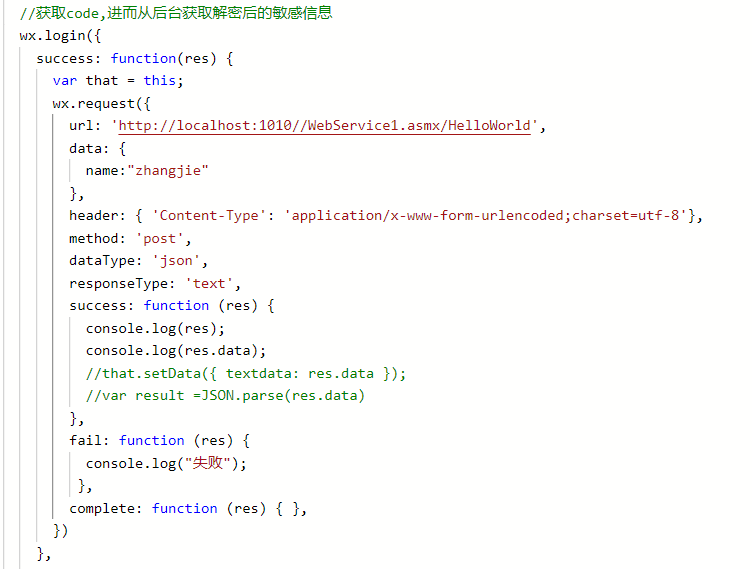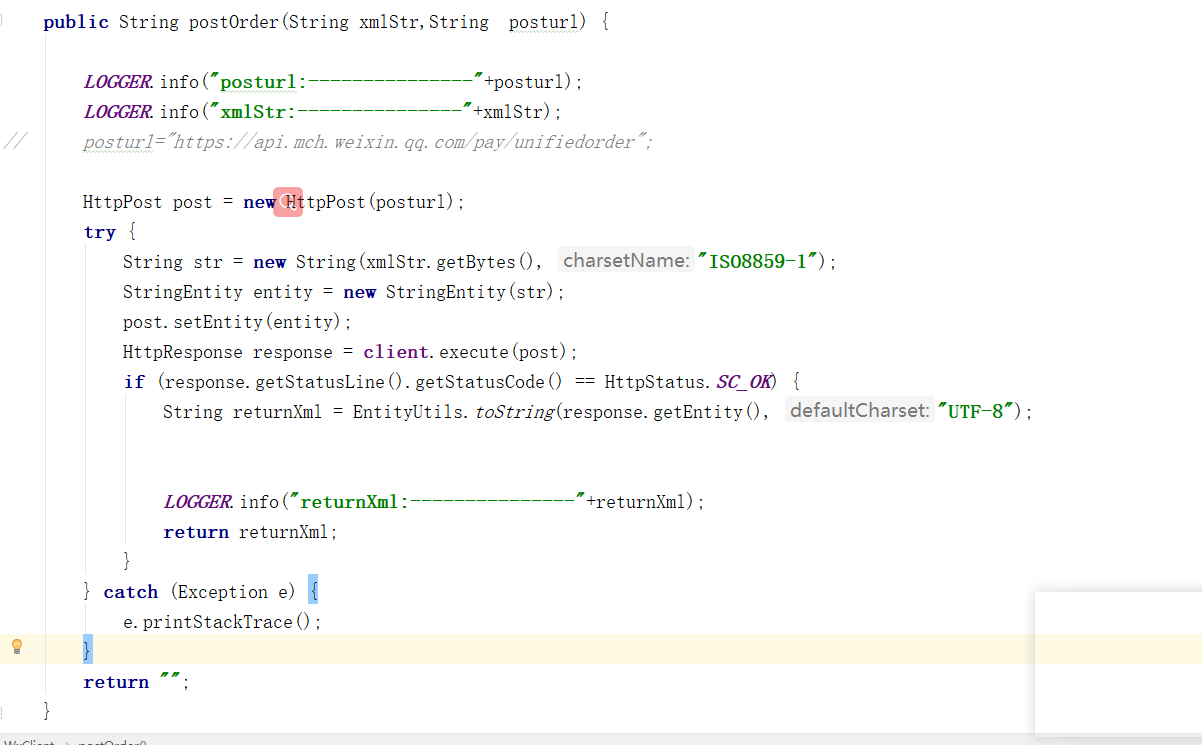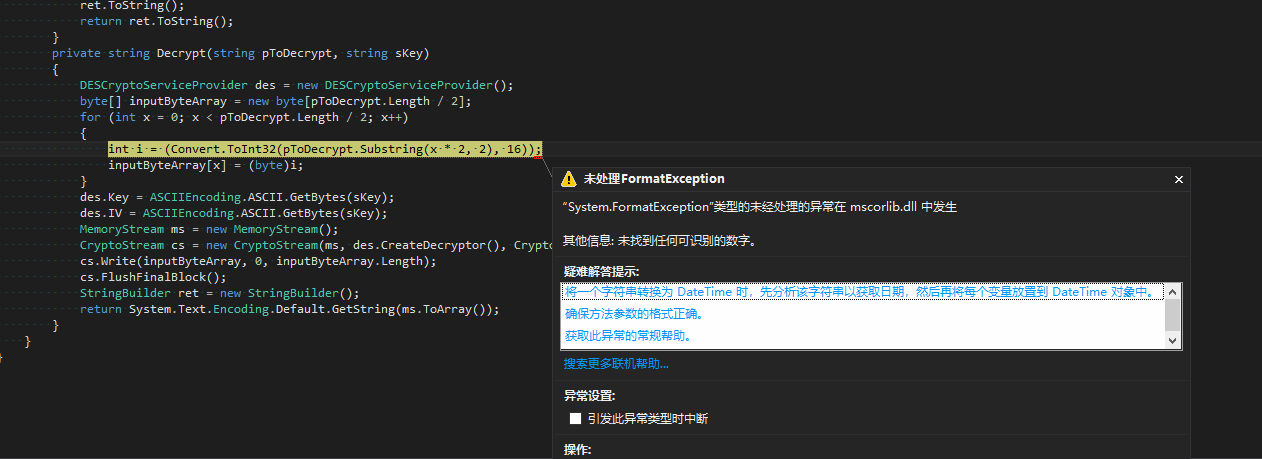What is the best way of creating an alphabetically sorted list in Python?
问题:
回答1:
Basic answer:
mylist = [\"b\", \"C\", \"A\"]
mylist.sort()
This modifies your original list (i.e. sorts in-place). To get a sorted copy of the list, without changing the original, use the sorted() function:
for x in sorted(mylist):
print x
However, the examples above are a bit naive, because they don\'t take locale into account, and perform a case-sensitive sorting. You can take advantage of the optional parameter key to specify custom sorting order (the alternative, using cmp, is a deprecated solution, as it has to be evaluated multiple times - key is only computed once per element).
So, to sort according to the current locale, taking language-specific rules into account (cmp_to_key is a helper function from functools):
sorted(mylist, key=cmp_to_key(locale.strcoll))
And finally, if you need, you can specify a custom locale for sorting:
import locale
locale.setlocale(locale.LC_ALL, \'en_US.UTF-8\') # vary depending on your lang/locale
assert sorted((u\'Ab\', u\'ad\', u\'aa\'),
key=cmp_to_key(locale.strcoll)) == [u\'aa\', u\'Ab\', u\'ad\']
Last note: you will see examples of case-insensitive sorting which use the lower() method - those are incorrect, because they work only for the ASCII subset of characters. Those two are wrong for any non-English data:
# this is incorrect!
mylist.sort(key=lambda x: x.lower())
# alternative notation, a bit faster, but still wrong
mylist.sort(key=str.lower)
回答2:
It is also worth noting the sorted() function:
for x in sorted(list):
print x
This returns a new, sorted version of a list without changing the original list.
回答3:
list.sort()
It really is that simple :)
回答4:
The proper way to sort strings is:
import locale
locale.setlocale(locale.LC_ALL, \'en_US.UTF-8\') # vary depending on your lang/locale
assert sorted((u\'Ab\', u\'ad\', u\'aa\'), cmp=locale.strcoll) == [u\'aa\', u\'Ab\', u\'ad\']
# Without using locale.strcoll you get:
assert sorted((u\'Ab\', u\'ad\', u\'aa\')) == [u\'Ab\', u\'aa\', u\'ad\']
The previous example of mylist.sort(key=lambda x: x.lower()) will work fine for ASCII-only contexts.
回答5:
But how does this handle language specific sorting rules? Does it take locale into account?
No, list.sort() is a generic sorting function. If you want to sort according to the Unicode rules, you\'ll have to define a custom sort key function. You can try using the pyuca module, but I don\'t know how complete it is.
回答6:
Please use sorted() function in Python3
items = [\"love\", \"like\", \"play\", \"cool\", \"my\"]
sorted(items2)
回答7:
Suppose s = \"ZWzaAd\"
To sort above string the simple solution will be below one.
print \'\'.join(sorted(s))
回答8:
Or maybe:
names = [\'Jasmine\', \'Alberto\', \'Ross\', \'dig-dog\']
print (\"The solution for this is about this names being sorted:\",sorted(names, key=lambda name:name.lower()))




